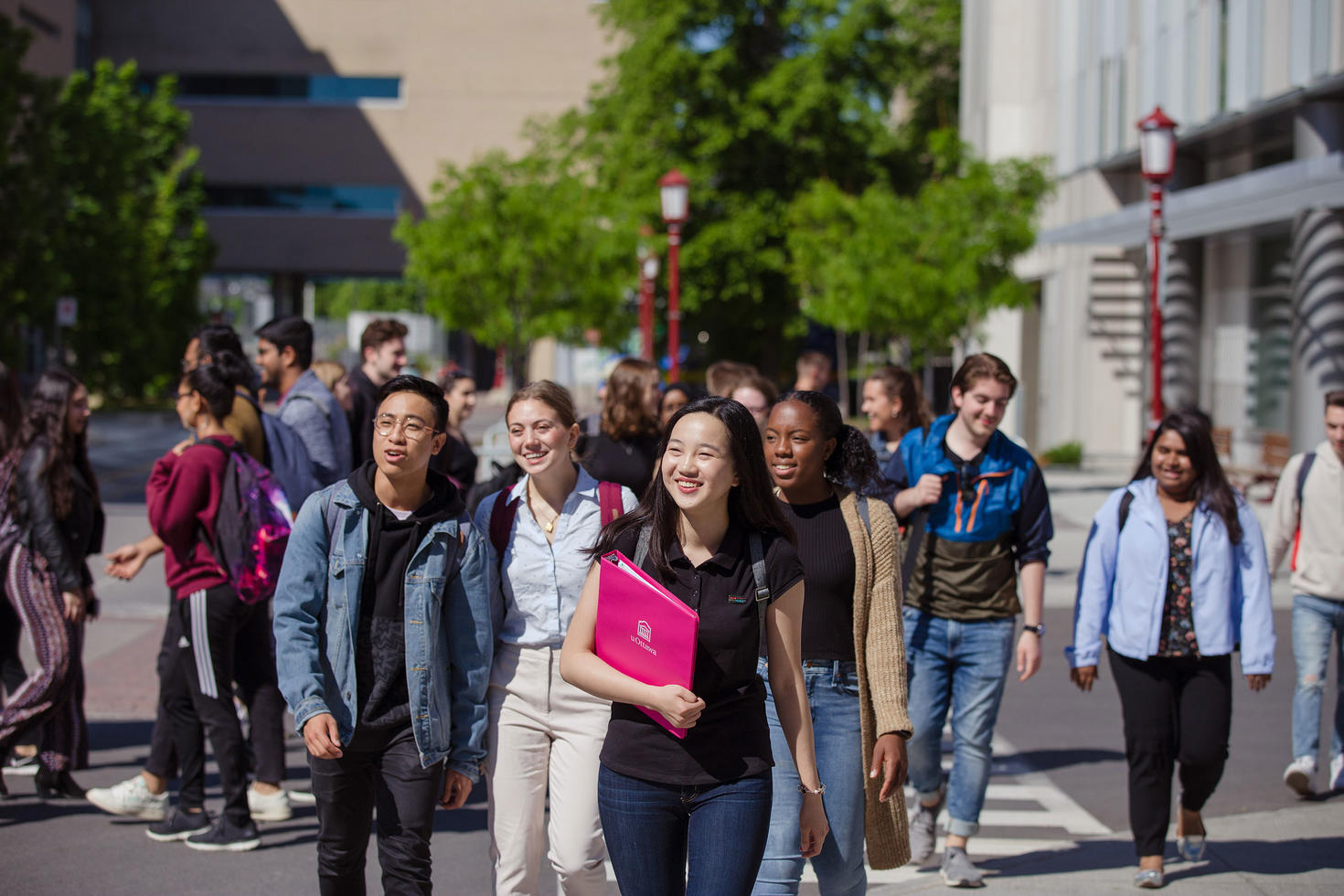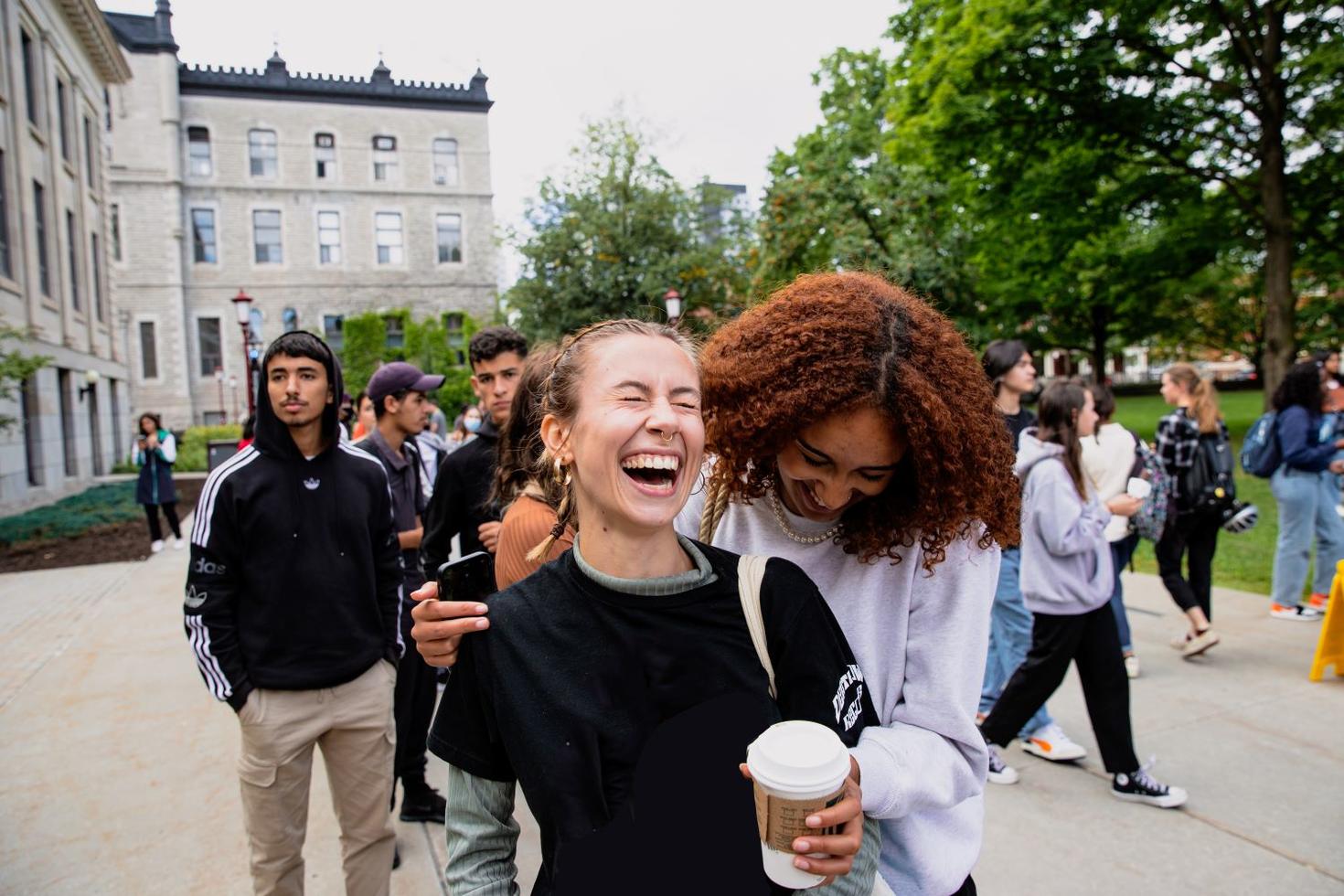
Campus life
Take part in all our action-packed virtual and in-person events to make you feel at home and fully enjoy being part of the Gee-Gees family.
Start your journey here!

Student essentials


Apr 17
Self-directed courses virtual info session (EN)
Attend our information session and learn more about our new self-directed courses.…

Apr 22
Earth Day Digital Declutter
The uOttawa community is invited to participate in an Earth Day Digital Declutter. Let's get together and clean old personal or work files from cloud …

May 8
to
Aug 28
SOS Immigration
Weekly virtual Q&A sessions to answer your immigration-related questions regarding your temporary residence on Wednesday or Thursday from 10 a.m. to 1…

Students with extraordinary summer plans
Summer isn’t just about rest and relaxation. Many students will be working hard, and some have some truly extraordinary plans. Here are just a few stu…

3 quick tips for finding work on campus
If you’re looking for a way to earn as you learn, there are more than 1,700 job opportunities on campus in our student services and faculties. Here ar…

2024 Co-op Student of the Year Awards
And the winners are…
Each year, the faculties, the Office of Graduate Studies, and the Co-op Office select outstanding co-op students to receive a …
Each year, the faculties, the Office of Graduate Studies, and the Co-op Office select outstanding co-op students to receive a …

Your campus in Canada’s largest tech hub
Located at the heart of an innovation ecosystem of over 545 companies, the Kanata North campus is a place to live, work, play and learn.
Discover the Kanata North campus
Additional information
Get in touch
We're happy to help!
We’ve got contact information for faculties, services and more. Take a look and find what you need.
Student ambassadors
Are you a future student looking to speak to someone who's been in your shoes? Do you just want more up to date information and resources?
Check out our social media to connect with our student ambassadors.








